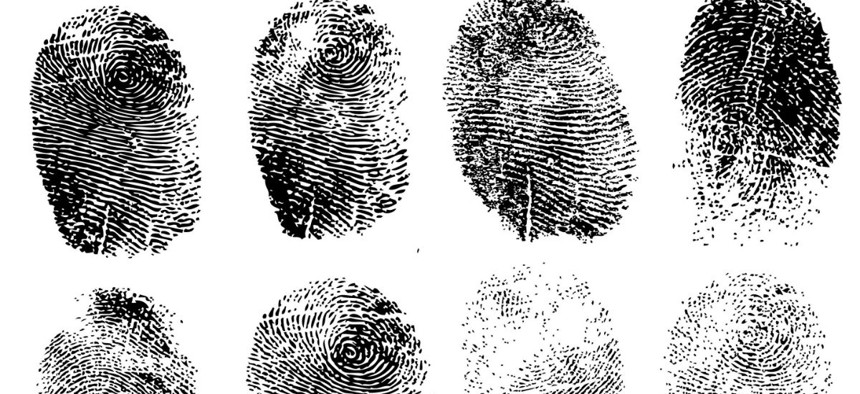Faulty Fingerprint Records Lead to Hundreds of Mistakes in Granting Citizenship
Homeland Security and FBI databases have not been digitally updated.
At a time of domestic terrorist attacks and worries over border enforcement, immigration officials granted citizenship to 858 individuals without a thorough fingerprint check that might have flagged them as ineligible, a watchdog found.
John Roth, inspector general for the Homeland Security Department, said in a report released on Monday that the new status was given to individuals who had been ordered deported or removed under another name because “neither the digital fingerprint repository at DHS nor the repository at the Federal Bureau of Investigation contains all old fingerprint records of individuals previously deported.”
Hence, the IG said, the U.S. Citizenship and Immigration Services “risks making naturalization decisions without complete information and, as a result, naturalizing additional individuals who may be ineligible for citizenship or who may be trying to obtain U.S. citizenship fraudulently.”
In processing an application for citizenship, USCIS adjudicators are supposed to check fingerprint data in two repositories, one used across DHS called IDENT (for Automated Biometric Identification System), and another maintained by the FBI called Next Generation Identification.
Neither repository, investigators found, have all the old paper fingerprint records available digitally. Immigration and Customs Enforcement “had identified 315,000 aliens who had final deportation orders or who were criminals or fugitives, but it has not yet reviewed about 148,000 aliens’ files to try to retrieve and digitize the old fingerprint cards,” Roth said in a letter to USCIS Director Leon Rodriguez, ICE Director Sarah Saldana and DHS Operations Coordination Director Richard Chavez.
ICE only began consistently uploading fingerprints taken during law enforcement encounters with aliens in 2010, Roth noted.
Initially, the agency did not investigate later revocations of citizenship for ineligible aliens because the Justice Department’s U.S. attorneys did not accept immigration benefits fraud cases for prosecuting, ICE officials told the IG. That changed in 2015, when Justice’s Office of Immigration Litigation agreed to take on such cases when the individuals have Transportation Security Administration credentials, security clearances, positions of public trust or criminal histories.
Since then, ICE has identified and prioritized 120 individuals to refer to Justice for potential prosecution and denaturalization. Fraud was found for least three individuals who became naturalized citizens after having been deported under a different identity obtained credentials to conduct security-sensitive work at commercial airports or maritime facilities and vessels. (All have since been forced to give up their credentials.)
“To prevent fraud and ensure thorough review of naturalization applications, USCIS needs access to these fingerprint records,” Roth said. Specifically he recommended that ICE digitize and upload all available fingerprint records for the 140,000, and that ICE, USCIS and the DHS operations office write a plan for reviewing the eligibility of each naturalized citizen whose fingerprint records reveal a deportation order under a different identity.
DHS officials agreed and have begun implementing the plans.








